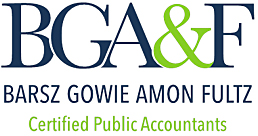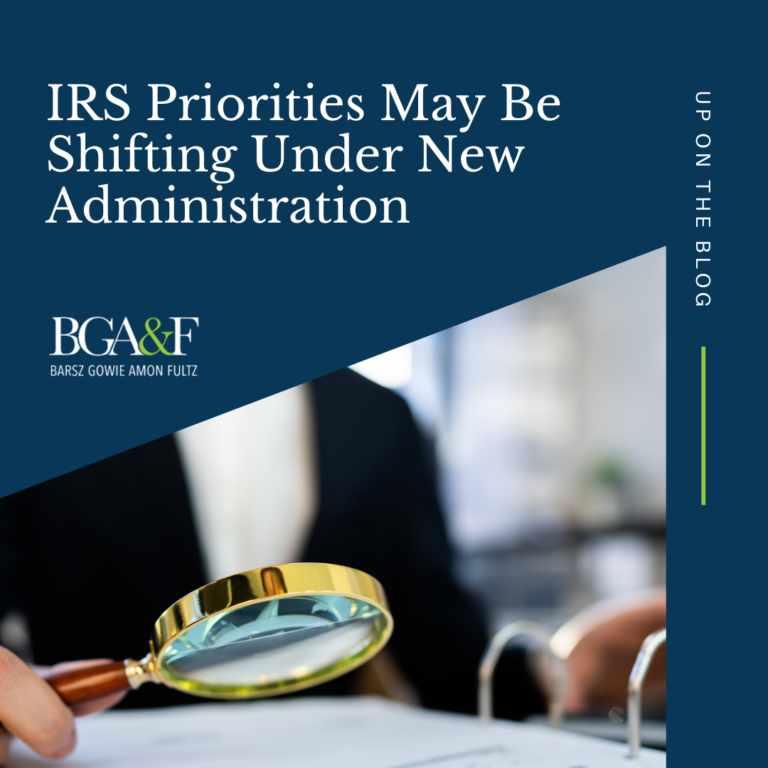Welcome back! In continuing with our Dental Series on common financial mistakes dental practices make, read on to find out the remaining five mistakes and ways to avoid them.
Failure to Invest in Technology
Surprisingly, many dental practices still use pen and paper for their accounting records. It’s 2019 – digital accounting software can seamlessly assist in keeping your records organized and up-to-date.
Not Staying Informed
Again, staying ahead of the curve on industry best practices is key to keeping your dental practice current and on top of its game. Have your staff attend yearly dental trade shows and conferences to make sure they stay knowledgeable in all the new technologies and relative tax deductions dental practice owners can take at year’s end.
Treating Dental Accounting Like Other Healthcare Industries
The ways dental practice owners manage their finances differ from those of other businesses in the healthcare industry. Because most dental practices run their offices and manage their expenses differently, the insurance plans they participate in affect these processes in many ways. These range from the percentage of adjustments to gross productions, to what portion of a practice should be dentist production versus hygiene production, and how much hygiene production should be relevant to compensation. Know your industry’s differences and find an accountant who can help accordingly.
Not All Outgoing Money is an Expense and Not All Money is Income
Knowing the difference between incoming and outgoing funds is important to the financial health of your practice. Incoming funds encompass things like the sale of equipment, supplies and reimbursements. Outgoing funds include items like business expenses, entertainment expenses and fixed assets.
Not Working with an Experienced Dental Accountant
The final key to avoid common business mistakes in your dental practice is to find an experienced dental accountant. Having an accounting specialist in the dental field will help you make important business decisions like the type of business license to get, how to keep books and records and the best type of bank account for your business. Another benefit to having an experienced dental accountant is to aid in the development of new business plans and help avoid internal embezzlement.
In short, retaining a trusted dental accountant, that will include you in their process, will benefit the overall health and longevity of your dental practice.
Interested in learning more about the 40+ dental practices we’ve assisted at Barsz Gowie? Click here to request a consultation with one of our experts.




